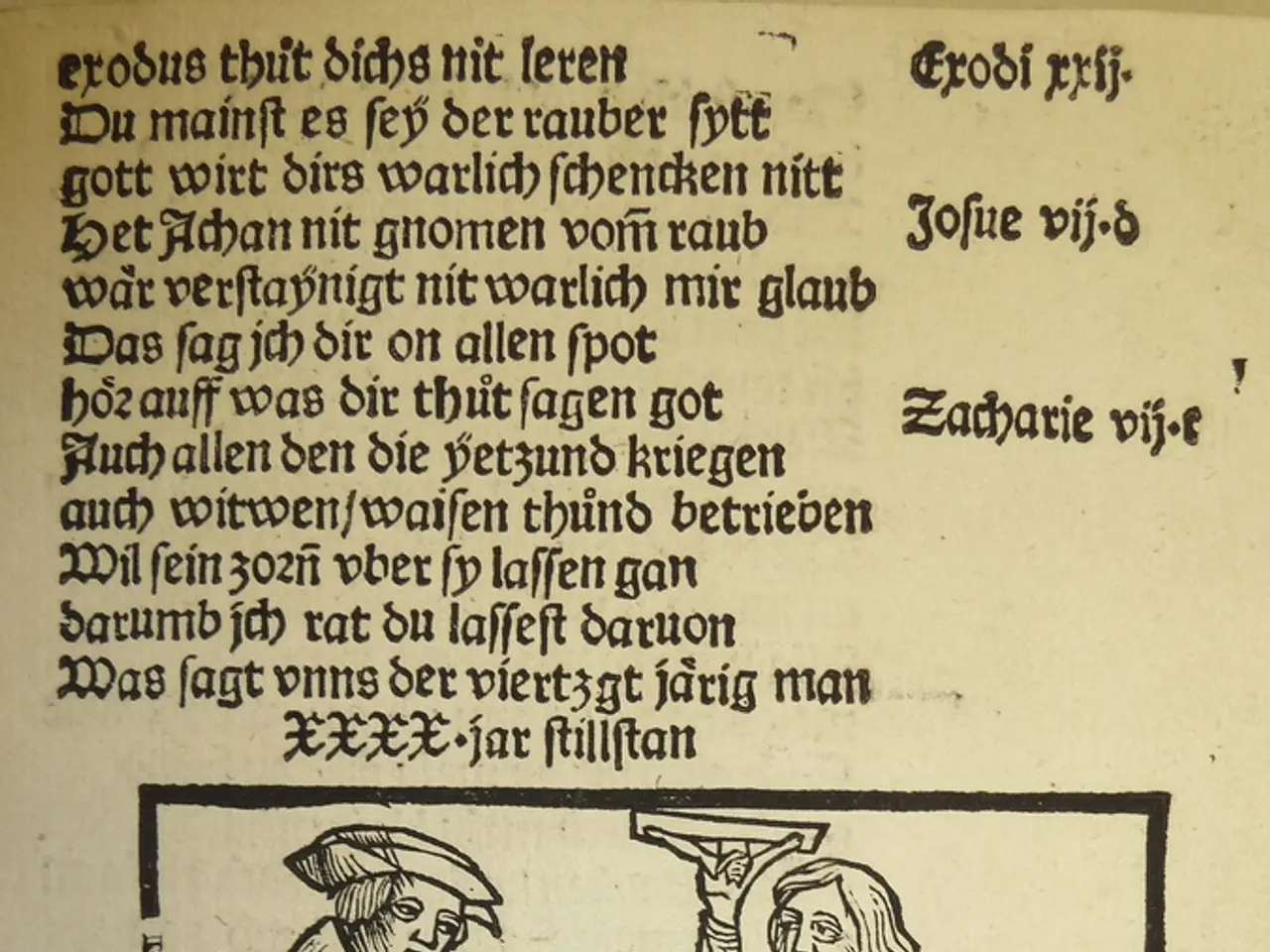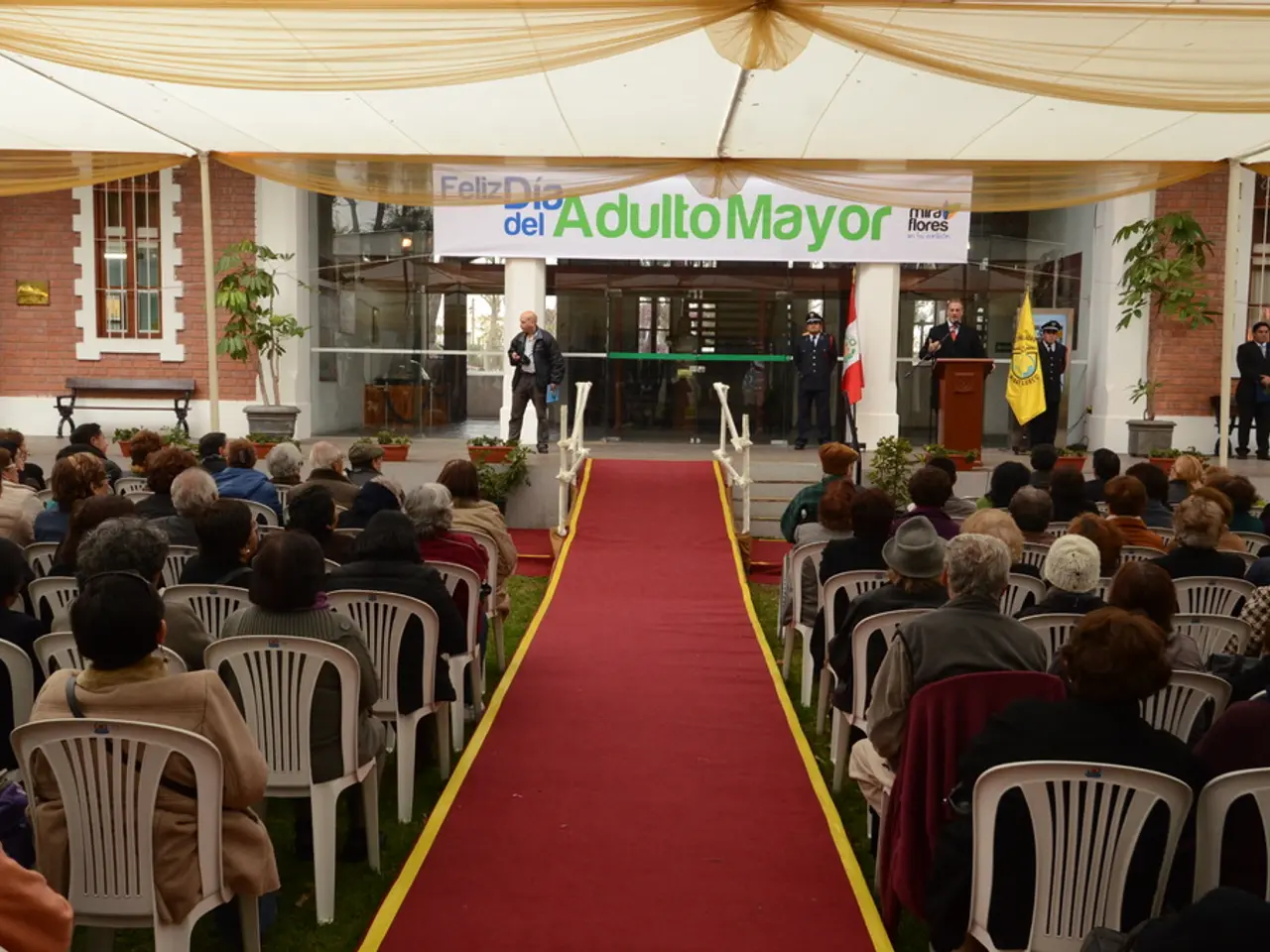Federal Ministries Lack Representation of Different Genders
The German federal government has adopted new guidelines on gender-inclusive language, as announced during a recent government press conference. The decision, based on recommendations from the Council for German Orthography, aims to ensure language that is understandable, readable, accessible, grammatically correct, clear, and legally certain.
The spokesperson for the Digital Ministry, who represented the government during the press conference, emphasized that the guidelines prioritize clarity and legal certainty. The new guidelines, effective since early July, include a section on special characters used in gender-sensitive language. However, they do not include the use of special characters like asterisks (*) or internal capitalizations.
Instead, the guidelines mandate adherence to traditional standard German forms, such as using the conventional salutation "Sehr geehrte Damen und Herren" ("Dear Madam, dear Sir"). This aligns with the official rules of the Council for German Orthography.
The primary reasons for discouraging special characters and gender-inclusive forms are the preservation of standard language rules, social cohesion concerns, practicality and readability, and the need for clarity in official communications. Special characters are seen as intrusive and complicating standard grammar and syntax, which traditionally marks gender through suffixes.
Culture Minister Wolfram Weimer (independent) stated that the Chancellery does not use gender-inclusive language in letters, emails, and notes. However, it's important to note that the new guidelines do not specify the Chancellery's stance on the use of gender-inclusive language outside of these contexts.
The Minister also raised a point about societal divisions deepened by forced gendering, a concern that is not addressed by the new guidelines. The development of the use of special characters in gender-sensitive language is ongoing and will continue to be monitored.
The German federal government does not use words with gender asterisks in official communications. The confirmation was made by the spokesperson for the Digital Ministry in Berlin. It's worth noting that the new guidelines are applicable to schools and public administration, but they do not provide a legal mandate for the use or avoidance of gender-inclusive language in these contexts.
[1] Council for German Orthography [4] Digital Ministry
The new guidelines issued by the German federal government, as announced by the Digital Ministry, prioritize traditional standard German forms and discourage the use of special characters in gender-sensitive language. This decision comes as a result of the recommendations from the Council for German Orthography.
Politics surrounding the use of gender-inclusive language in official communications continues to be a topic of debate and monitoration, with the Minister of Culture expressing concerns about societal divisions and the need to maintain clarity and standard language rules.






